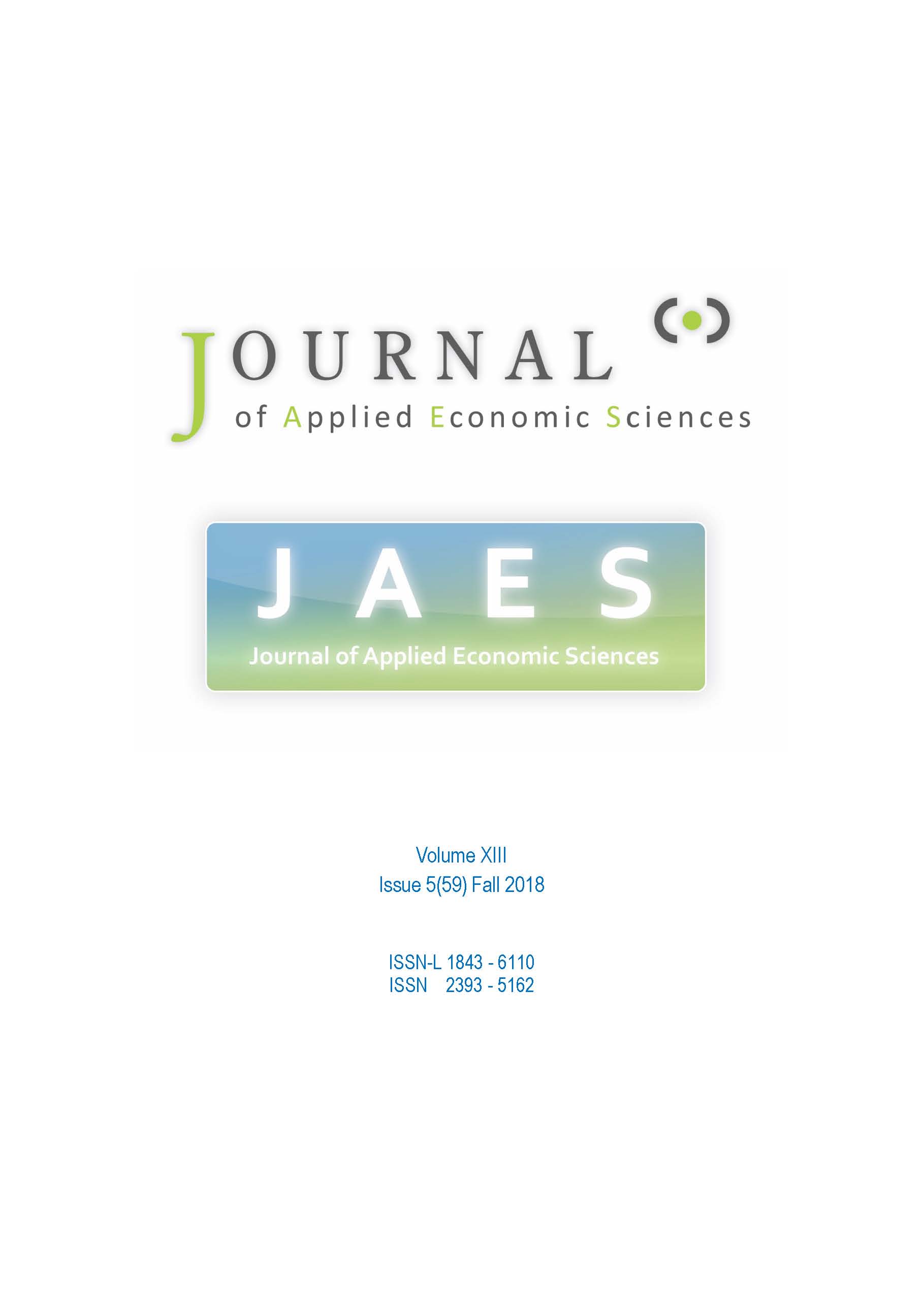Instability in the Basic New Keynesian Model under Limited Information
Instability in the Basic New Keynesian Model under Limited Information
Author(s): Ignacio Escañuela ROMANASubject(s): Economy, Business Economy / Management
Published by: Reprograph
Keywords: business cycles; imperfect information; learning; monetary policy;
Summary/Abstract: New solutions to the basic standard New Keynesian model are explored. I extend De Grauwe’s model (2012), distinguishing two types of agents and different expectations rules. The central bank fixes the rate of interest. Families and firms determine aggregated demand and supply. Neither of them follows the hypothesis of perfect rational expectations. However, Popper’s principle of rationality is applied. From a situation of limited information, even though they learn through rational processes, they are unable to understand their mutual behaviour. Therefore, the expectations in the three equations do not coincide. As a result, the solution does not tend to a single, stationary equilibrium. This conclusion does not depend on the hypothesis of the "animal spirits". Finally, the possibility of a successful learning process is studied. It is considered whether the central bank could learn from the data, finally reaching a stationary optimum equilibrium. The answer is: It would be unable. The New Keynesian model seems to be basically unstable, when agents have limited information. The problem lies in the impossibility to get adequate coordination.
Journal: Journal of Applied Economic Sciences (JAES)
- Issue Year: XIII/2018
- Issue No: 59
- Page Range: 1119-1132
- Page Count: 14
- Language: English

